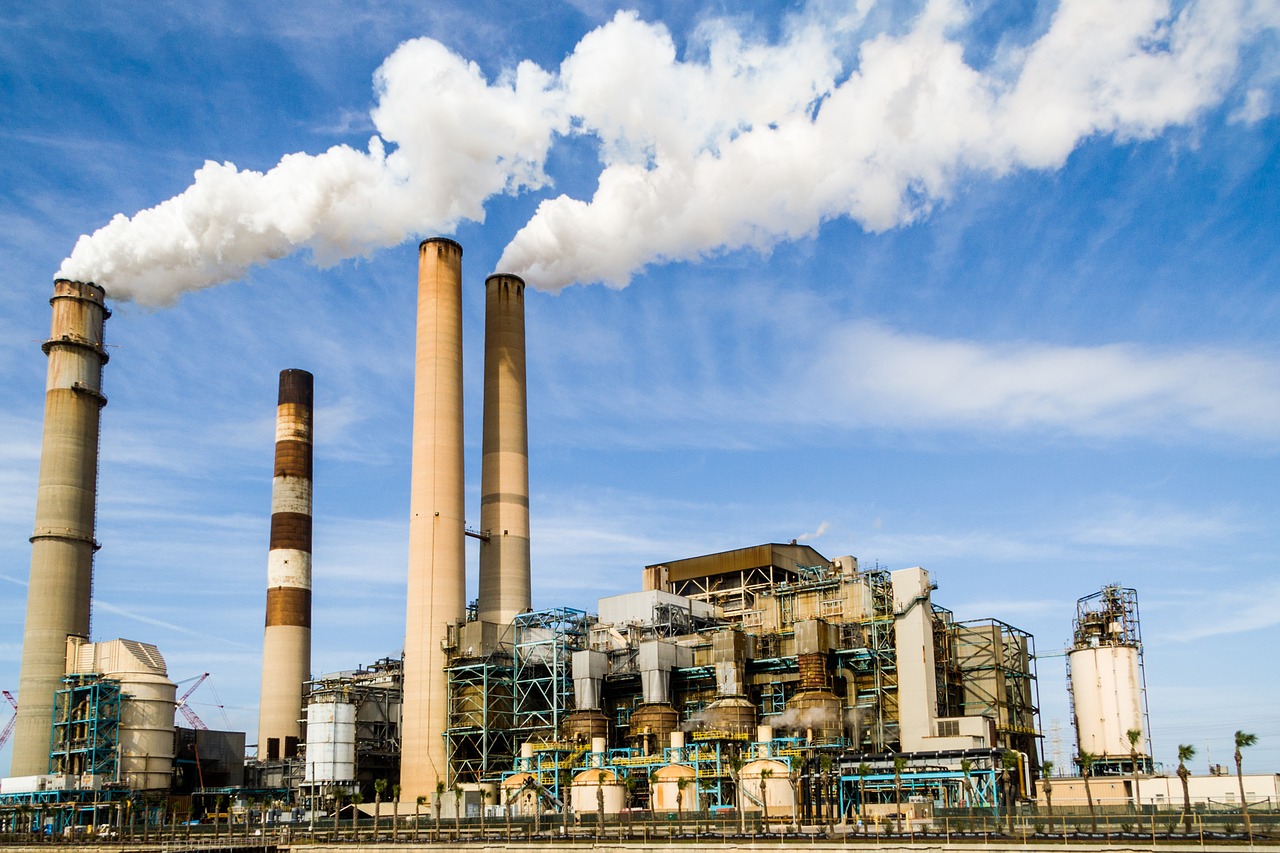
The world’s governments approved a new climate deal at the COP30 summit in Belém, Brazil, adopting the so‑called Belém Package, a bundle of decisions that calls for tripling outlays to help vulnerable countries adapt to intensifying climate impacts.
The closing plenary on Nov. 23 saw nearly 200 parties endorse a political outcome that elevates adaptation and resilience as core pillars of the United Nations climate process, formally the UN Framework Convention on Climate Change (UNFCCC). The package references the Global Goal on Adaptation in the 2015 Paris Agreement, and an expanded “action agenda” to scale finance for locally led projects such as resilient agriculture and “nature‑based solutions.”
However, efforts to secure a negotiated roadmap away from fossil fuels collapsed after days of deadlock. The final compromise text omits any explicit commitment to “transition away from” or “phase out” coal, oil and gas—despite sustained pressure from a large coalition of states and civil society groups to include such language.
The outcome is weaker on this point than earlier UN climate summits, including the 2021 Glasgow talks, where the resolution urged countries to phase out oil subsidies. In Belém, the major oil-producing countries resisted binding language, while many developing countries tied their support for any resolution to assurances on finance and equity.
In the run‑up to COP30, UN experts urged that climate action must integrate a human rights approach, warning that weak mitigation targets and under‑funded adaptation measures risk violating the rights of communities facing floods, desertification and displacement. Small island states echoed those concerns on the floor in Belém, arguing that a finance‑heavy deal without a fossil-fuel exit pathway jeopardizes the Paris Agreement’s 1.5° Celsius temperature limit.
Activists on the scene, many of whom had mobilized outside the previous climate summits in Dubai and Baku, pointed back to those campaigns, in which protesters demanded urgent climate action and faster fossil phase‑outs. In Belém, youth groups and indigenous leaders welcomed the adaptation funding pledge but described the absence of a fossil roadmap as a “failure of courage.”
The Belém outcome does not amend the Paris Agreement, but will guide its implementation by shaping expectations around national climate plans, adaptation strategies, and financial outlays. Brazil’s President Luiz Inácio Lula da Silva said in his opening speech to delegates on Nov. 10 that the credibility of COP30 will ultimately depend on whether parties translate promises on money, resilience and transition into enforceable laws and budgets once they return home.
From JURIST, Nov. 24. Used with permission. Internal links added.




